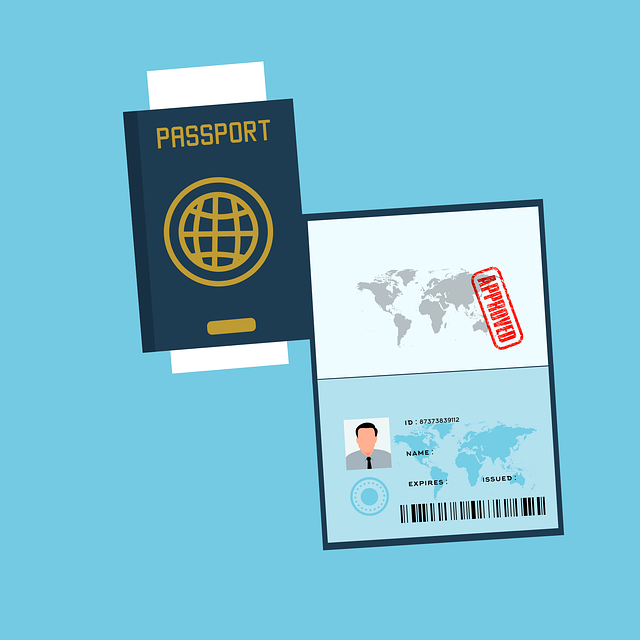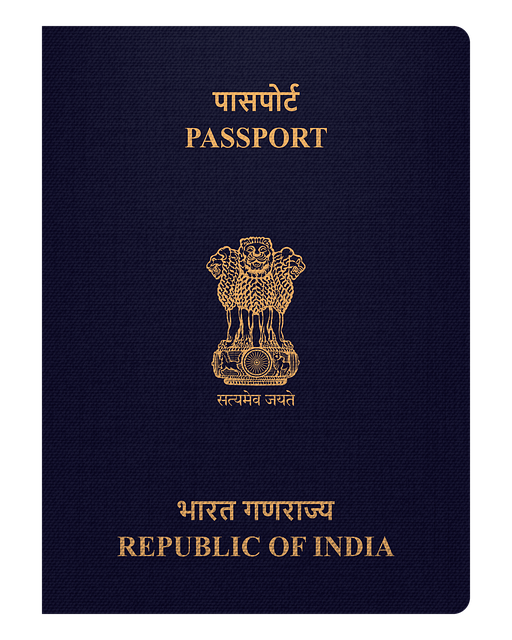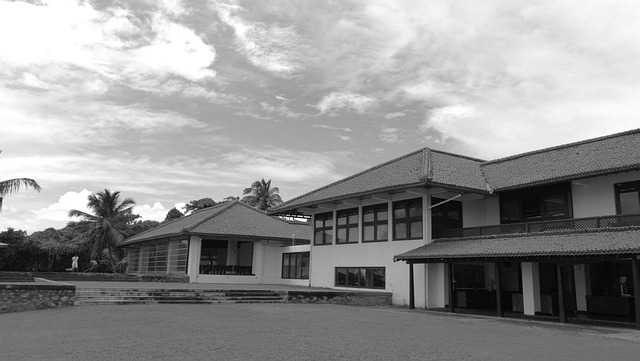Background checks are essential for hospitality businesses to ensure guest safety and protect their reputation. Thorough screening involves verifying criminal history, employment, education, drug testing, identity, and references. This process identifies risks, prevents misconduct, and builds trust with guests. Adhering to legal guidelines and using modern technology ensures a safe environment while maintaining compliance. Effective hospitality employee screening through background checks is vital for risk mitigation and delivering exceptional service.
In today’s world, ensuring guest safety is paramount in the hospitality industry. Background checks play a crucial role in protecting both patrons and staff from potential risks. This article delves into the significance of background screening in hospitality, exploring various aspects such as essential information to include, effective implementation, legal considerations, and the multitude of benefits thorough employee screening brings. By embracing robust hospitality employee screening, establishments can foster a secure environment, enhancing guest experiences and safeguarding their reputation.
- The Importance of Background Checks in Hospitality Industry
- Types of Information to Include in Hospitality Employee Screening
- Implementing Effective Background Check Procedures
- Legal Considerations and Compliance for Hospitality Employers
- Benefits of Thorough Hospitality Employee Screening
The Importance of Background Checks in Hospitality Industry

In the hospitality industry, where interactions with guests are at the heart of operations, ensuring guest safety through robust hospitality background checks is paramount. These checks serve as a vital first line of defense against potential risks and threats, providing peace of mind for both patrons and business owners alike. By thoroughly screening potential employees, hotels, restaurants, and other hospitality venues can mitigate the risk of criminal activities, harassment, or any behavior that may compromise the safety and well-being of their guests.
Background checks in hospitality employee screening are not just a compliance requirement but an essential component of risk management. They help identify individuals with a history of violent crimes, drug abuse, or other misconduct, ensuring they do not gain access to guest areas. A comprehensive screening process allows hospitality businesses to make informed decisions, foster a secure environment, and uphold their reputation by demonstrating a commitment to guest safety and well-being.
Types of Information to Include in Hospitality Employee Screening

When conducting background checks for hospitality employees, several key pieces of information should be included to ensure comprehensive and effective screening. Firstly, criminal history checks are essential, as they help identify any prior convictions or pending charges that could impact job performance or pose a safety risk. This includes verifying arrests, indictments, and any relevant court records. Additionally, checking for previous employment histories is crucial to verify references and assess the candidate’s stability and reliability.
Other vital data points include education and training verifications, which ensure employees possess the necessary skills and qualifications for their roles. Background checks should also consider potential drug or alcohol abuse issues, as these can affect workplace performance and safety. Furthermore, verifying identity documents ensures that applicants are who they claim to be, preventing fraud or impersonation. Lastly, assessing personal references provides additional insights into an individual’s character and work ethic.
Implementing Effective Background Check Procedures

Implementing robust background check procedures is a cornerstone of ensuring guest safety in the hospitality industry. These checks serve as a critical first line of defense, helping to identify potential risks and mitigate them before guests arrive. By thoroughly screening all staff members, from front-desk personnel to housekeeping and culinary crews, businesses can gain valuable insights into applicants’ past conduct and verify their suitability for the role.
Effective background checks involve verifying identification, checking criminal records, and assessing any relevant history that could impact job performance or guest experience. Modern technology plays a significant role here, streamlining the process with efficient data management systems and secure online platforms. Such measures not only save time but also ensure accuracy, allowing hospitality businesses to make informed decisions and create a safer environment for their guests.
Legal Considerations and Compliance for Hospitality Employers

In the realm of hospitality, ensuring guest safety is paramount. Legal considerations and compliance for employers are critical components of this effort. Background checks play a pivotal role in hospitality employee screening, helping to mitigate risks associated with potential employees’ past behaviors or criminal records. These checks allow employers to make informed decisions, balancing the need for a safe work environment with fair employment practices.
Compliance with relevant laws and regulations is essential. Many jurisdictions have specific requirements for conducting background investigations, including what information can be sought and how it should be handled. Employers must stay abreast of these legal mandates, ensuring their screening processes adhere to privacy laws and data protection regulations. Proper adherence not only safeguards the employer but also instills confidence in guests, knowing their safety is a top priority.
Benefits of Thorough Hospitality Employee Screening

Implementing comprehensive background checks for hospitality staff is a proactive step towards enhancing guest safety and fostering trust. In an industry where first impressions matter, ensuring that employees have no malicious intent or criminal history can significantly mitigate risks. Thorough hospitality employee screening acts as a robust filter, allowing employers to identify and avoid potential threats before they pose harm.
These checks offer several advantages beyond just crime verification. They also uncover any previous employment gaps, helping to identify individuals who may be prone to absenteeism or have unaddressed issues. Moreover, background screenings can reveal important information about an applicant’s character, such as their honesty, reliability, and respect for authority, all vital attributes in providing exceptional guest service while maintaining a secure environment.






